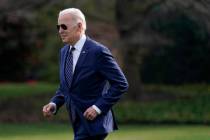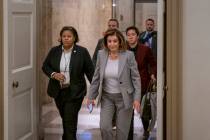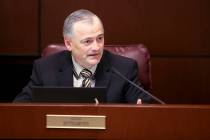No replay of ESA furor expected in Nevada legislative session
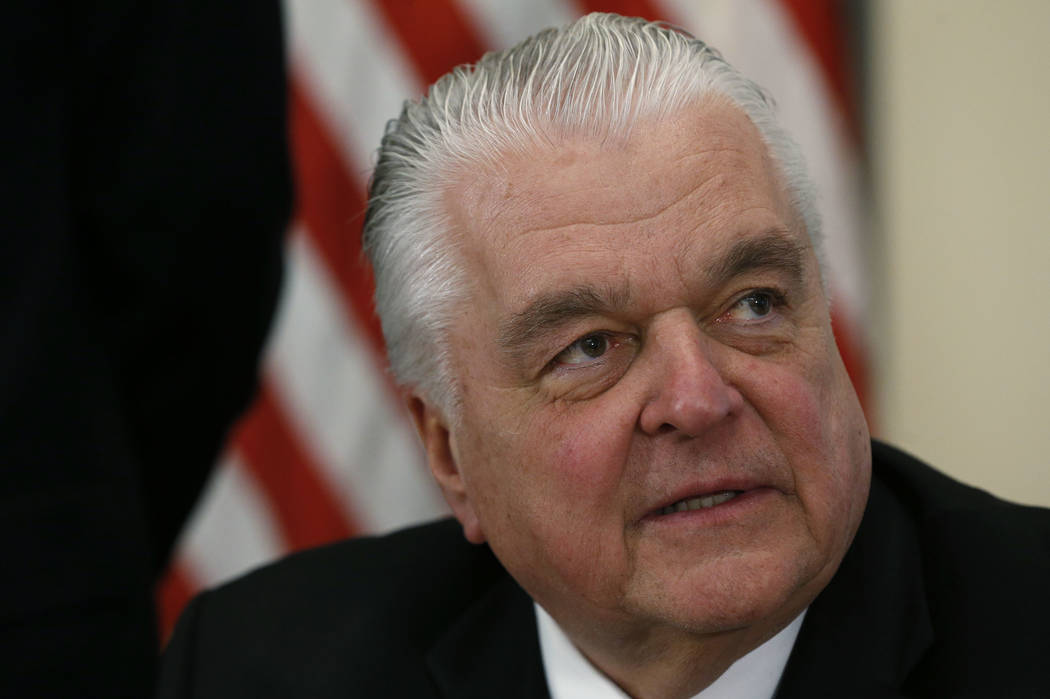
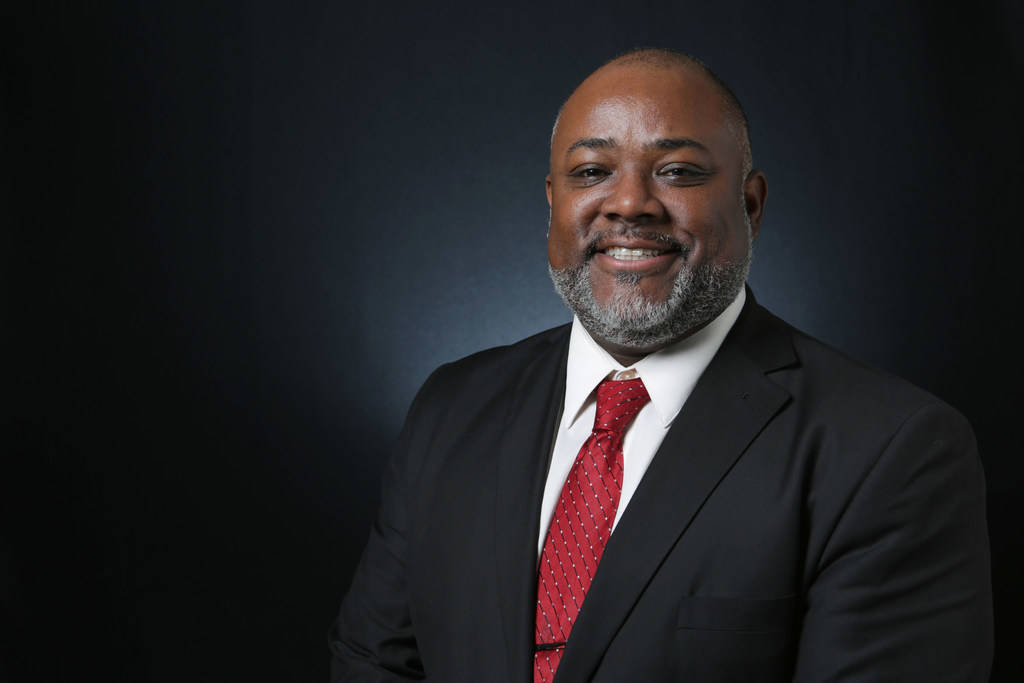
A controversial school voucher-like program that created chaos at the end of the 2017 legislative session likely won’t cause a similar brouhaha this year.
That’s because the Education Savings Accounts program pushed by Republican legislators last year probably won’t even see the light of day, according to Democratic leadership.
Democratic Gov. Steve Sisolak is on record opposing ESAs, which would allow parents and guardians to remove their child from a Nevada public school and instead directly receive a portion of the state’s per-pupil education expenditure to use for their child’s education.
And Assembly Speaker Jason Frierson, D-Las Vegas, said he sees the proposal as a “non-starter” when the Legislature convenes Feb. 4.
“I don’t see us exploring that,” he told the Review-Journal last week.
But freshman Assemblyman Gregory Hafen, R-Nye County, is sponsoring a bill anyway, hoping to start the conversation anew.
“Education is a concern of mine in this state,” said Hafen, who was appointed to the seat after the death of brothel owner Dennis Hof. “I wanted to have one in there so it was on the table for discussion to try and improve our education system for future generations.”
Proponents argue that ESAs would give parents greater freedom in directing how their taxpayer money is used to educate their children. Opponents argue it hurts the public education system by removing money, and that tax dollars should not be used for expenses like private-school tuition.
Created and funded in 2015, the program was put on ice by the Nevada Supreme Court, which said the program was legal but could not be funded from the same account that supports Nevada’s public schools.
A last-minute deal in 2017 would have set aside $60 million to test the program, but it collapsed in early June amid a fight among lawmakers over taxing retail marijuana sales. In the end, that money was funneled into a “rainy day fund” and the program was again mothballed.
As a compromise, money was funneled to a smaller program that allows businesses to avoid paying certain taxes by donating to Opportunity Scholarship funds. That money is available only to certain categories of students — mainly those living in poverty — and can only be used on tuition and fees.
With Democrats now in control of both houses of the Legislature, Frierson said lawmakers will need to have further discussion about the Opportunity Scholarship program, which was sold as a one-time compromise in 2017.
But he said it wouldn’t be fair to families that have taken advantage of the program to eliminate it entirely.
“We have to be mindful of yanking it out from underneath those kids and those families.”
A proposed budget left by Gov. Brian Sandoval for Sisolak doesn’t include any money for ESAs, and a spokeswoman for the new governor said he wouldn’t be supportive of funding the program.
Despite such strong political headwinds, Hafen said he thinks it’s worth having a discussion.
“I understand that’s what the governors have left us, but that doesn’t mean we shouldn’t have the conversation and try to see what we can do,” he said.






